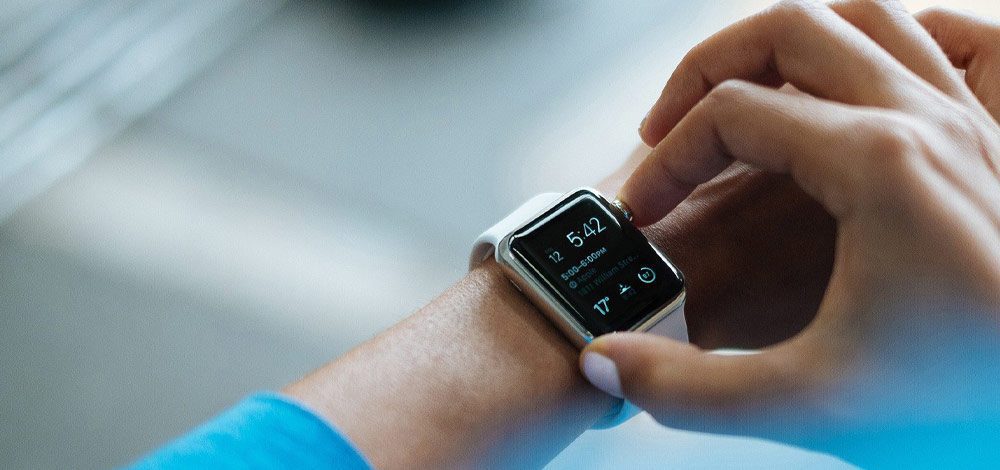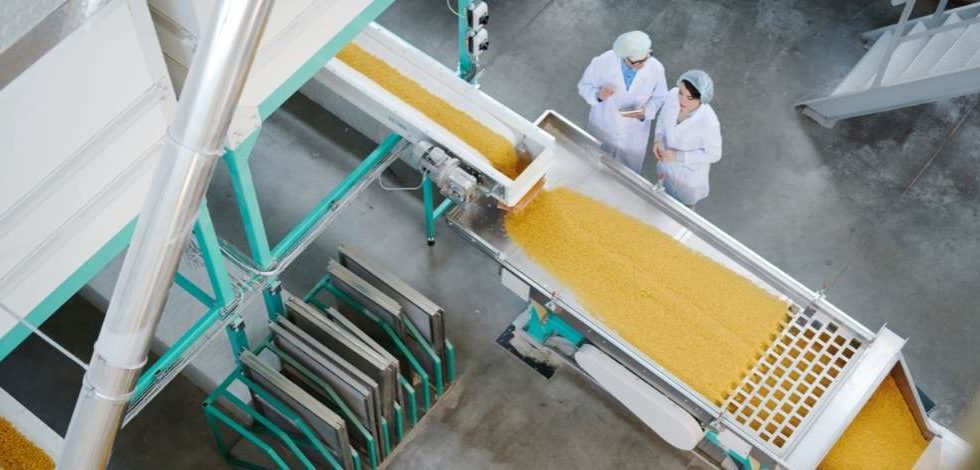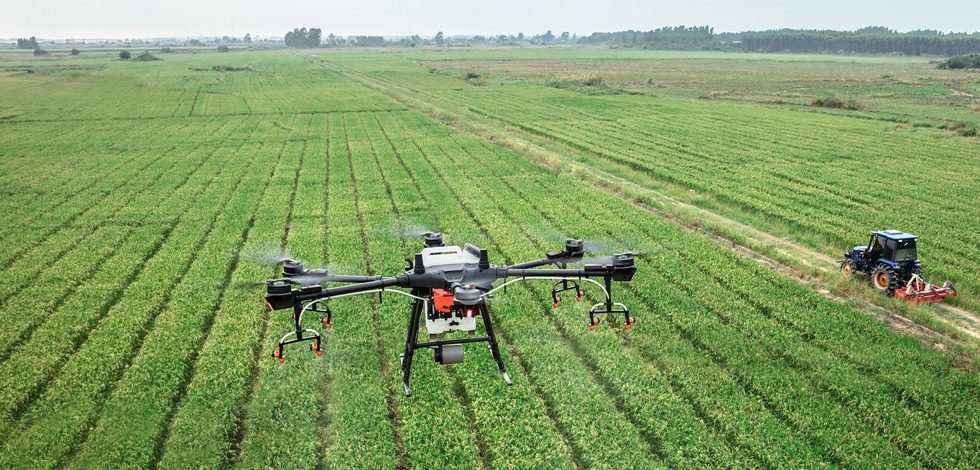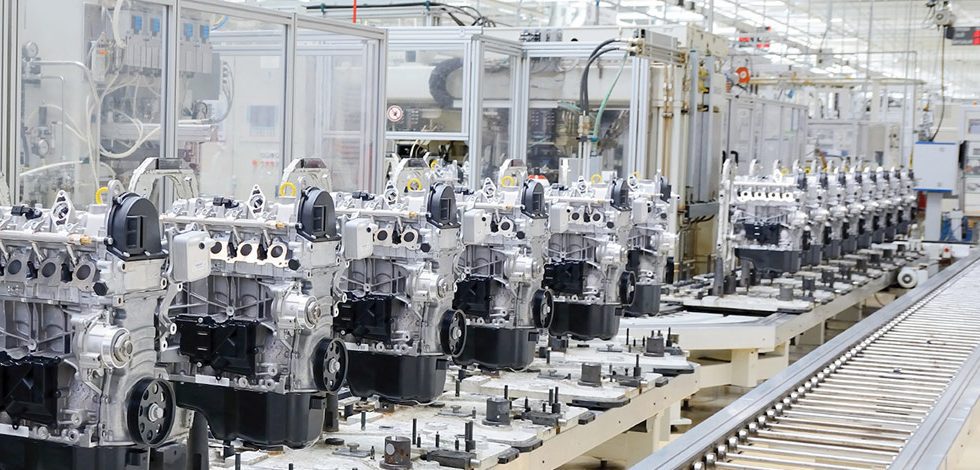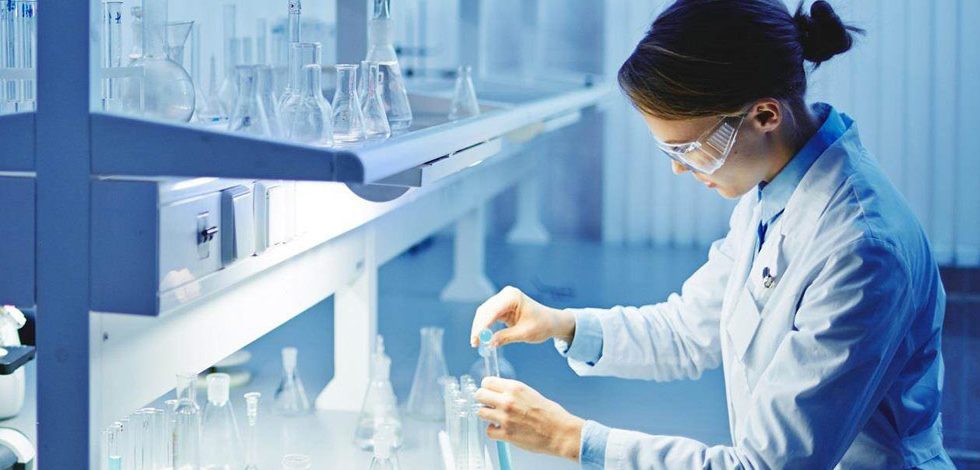Wearable devices and apps are giving people first-hand health stats. They can display the benefits of exercise, their eating habits, disease markers and more. With this knowledge at their fingertips, the consumer feels empowered to live more healthily and prevent illness. That means being in control of what they consume and changing the way the think about nutrition and health, paving the way for more personalised nutrition.
The healthy eating and self-improvement movements are set to enter a new, potentially revolutionary phase. With the advent of neuro-nutrition, biohacking and personalisation, there is a Silicon Valley thinking applied to the food sector.
“Neuro-nutrition looks at how foods affect our brains and bio-hacking breaks all the rules to create a science for more individualised nutrition and products,” according to US supermarket guru Phil Lempert.
Diets and functional food products are geared to reduce weight or improve the health of the heart, bones, gut and the rest – not least, our brains. The effect of what we eat on our brains is of growing interest to nutritionists and food manufacturers. “Brain health claims have increased by 36% on products globally over the past five years”, Phil Lempert said. More claims are being made for the benefits of food products and their ingredients and additives – such as Omega-3’s EPA and DHA, vitamin K, and zinc.
Biohacking goes beyond food intake
The desire to become the best version of ourselves is a familiar aspiration. Biohacking takes this a stage further by adopting a systems-thinking approach to our own biology. It means considering that everything we put into our bodies – from food and drink to movement and ideas – affects outcomes, whether it’s disease, weight, energy or performance in business or athletics. By biohacking, you could ‘transform your inner workings,’ feel more energised, more productive, and eventually, the best version of yourself.
Taking this trend to the extreme, some biohackers are even availing themselves of CRISPR, the cheap and relatively easy technique for making precise changes to DNA.
Food does more than satisfy hunger
This new philosophy also transforms attitudes to food and drink. Sensitivities and the biological effects become all important, perhaps even out-weighing questions of taste, convenience and ethics. As people increasingly see food as ‘medicine’ as well as sustenance, food and beverage companies will administer to their new-found needs.
Personalisation started in medicine – with drugs and treatments adapted to suit the individual patient’s predicted response or risk of disease, based on their genetic makeup. The longer-term trend in nutrition – no doubt with the biohackers to the fore – will be towards hyper-personalised diets comprising of functional food recommendations based on scientific testing. In the meantime, a growing proportion of food and drink purchases will be determined by the brain rather than the gut.
For more trends in food and beverage, download your copy of “An appetite for change” here:



